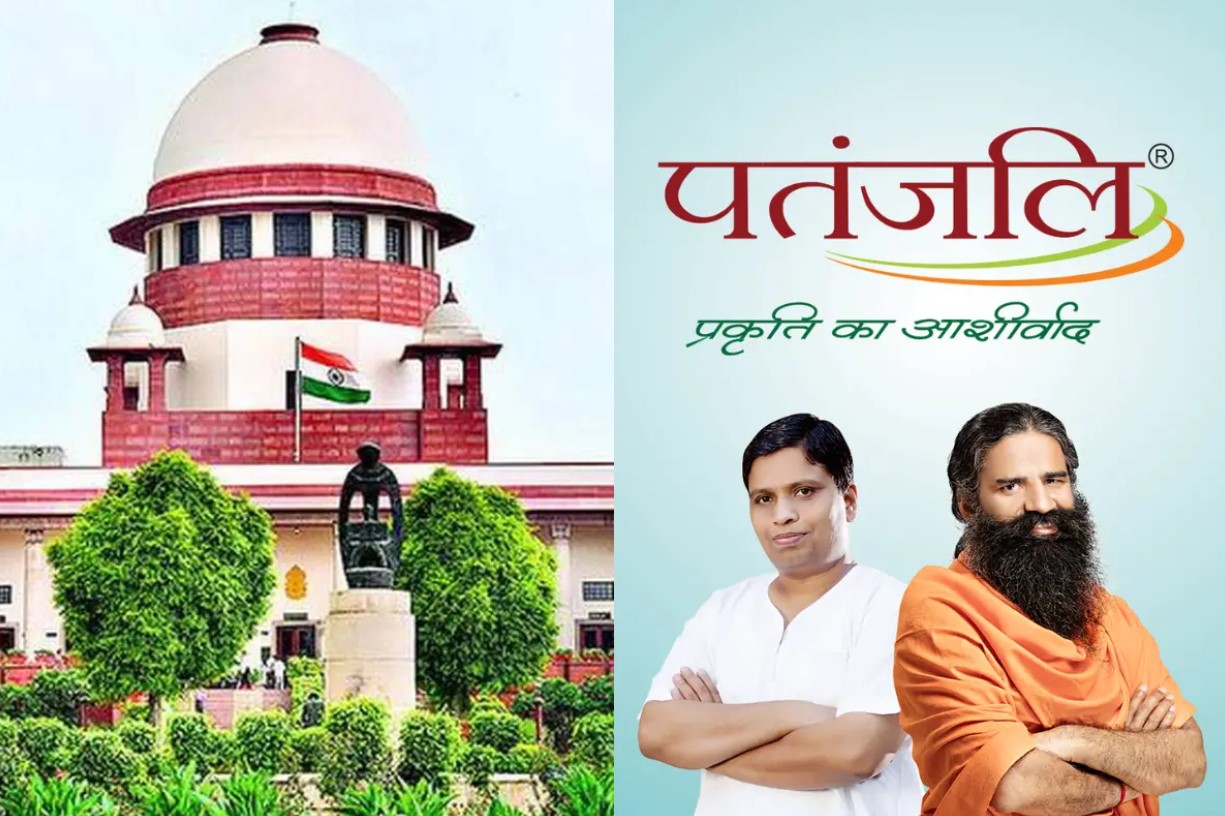


On Tuesday, the Supreme Court recommended that the AYUSH Ministry establish a centralized dashboard to publicize and track the progress of complaints filed against misleading advertisements for medicinal or allied healthcare products.
A Bench of Justices Hima Kohli and Sandeep Mehta made this suggestion after noting the various hurdles in monitoring the progress of such complaints, especially when they are forwarded by State licensing authorities from one State to another.
The lack of readily available data on action taken reports for these complaints also creates obstacles for prosecutions under the Drugs and Cosmetics Act, 1940.
"We are of the opinion that the Ministry of AYUSH shall set up a dashboard citing complaints received from stakeholders and also the State licensing authorities so that data is in the public domain. This will also address the issue that prosecution under Drugs and Cosmetics Act is hit by unavailability of complaints etc," the Court said today.
The Court was hearing a case filed by the Indian Medical Association (IMA) against Patanjali Ayurved and its promoters, Baba Ramdev and Acharya Balkrishna, for publishing misleading advertisements targeting allopathic medicine.
Over time, the scope of the case expanded beyond Patanjali's actions to address larger issues such as misleading advertisements by others, the liability of celebrity influencers endorsing misleading ads, and unethical practices in modern medicine.
Advocate Shadan Farasat was appointed as amicus curiae to assist the Court and compile data submitted by various States and regulatory authorities on these issues.
The Court was informed that in several states, including Chhattisgarh, Gujarat, Delhi, and West Bengal, numerous complaints about misleading claims or advertisements were forwarded to other states because the manufacturing units of the complained consumer products were not located within the original state.
The Court noted that receiving states had not provided data on actions taken regarding these forwarded complaints, leaving consumers helpless and uninformed. Consequently, the Court suggested that the Ministry of AYUSH (Ayurveda, Yoga and Naturopathy, Unani, Siddha, Sowa Rigpa, and Homoeopathy) should set up a dashboard to furnish details of complaints received from other states and the corresponding actions taken. This would ensure that data is publicly available and accessible to all consumers.
Such a dashboard would also support prosecutions under the Drugs and Cosmetics Act, which often face obstacles due to the lack of action-taken reports on consumer complaints.
The Court was told that only a few states practice giving prior approval for advertisements before issuing a license to ensure proper labeling and prevent misbranding of various products. The Court sought responses from states not following this practice.
The amicus informed the Court of the need to centralize consumer complaints. The Court learned that a Memorandum of Understanding (MoU) between the Union Ministry of Consumer Affairs and the Advertising Standards Council of India (ASCI), which was in effect from 2018 to 2020, had ended. After the MoU ended, the number of consumer complaints dropped significantly from 2,573 to around 132, which the Court observed was due to the inadequate publicity of the Consumer Affairs Ministry's existing complaint mechanism.
The Court emphasized the need to investigate why the number of consumer complaints had decreased so dramatically. As a result, the Consumer Affairs Ministry was asked to file an affidavit on this matter within two weeks. The Court noted that the dwindling number of complaints highlighted the poor publicity of the Consumer Affairs Ministry's grievance redressal portal. The Ministry was instructed to examine this issue and provide a specific response to the Court within two weeks.
The IMA had previously accused Patanjali of running a smear campaign against modern medicine. During the hearings, the Court issued several strong rebukes against Patanjali. However, the IMA itself came under scrutiny when its President made comments critical of the Court's directive for doctors to address unethical practices in modern medicine.
IMA President Dr. RV Asokan had remarked to the press that it was "unfortunate" that the Supreme Court criticized the IMA, stating that doctors felt demoralized. Justices Hima Kohli and Ahsanuddin Amanullah took strong exception to this statement.
During the last hearing, the IMA informed the Court that it had published full-page apologies for these comments.
TAGS: Patanjali IMA Medicine Allegation Branding Campaign